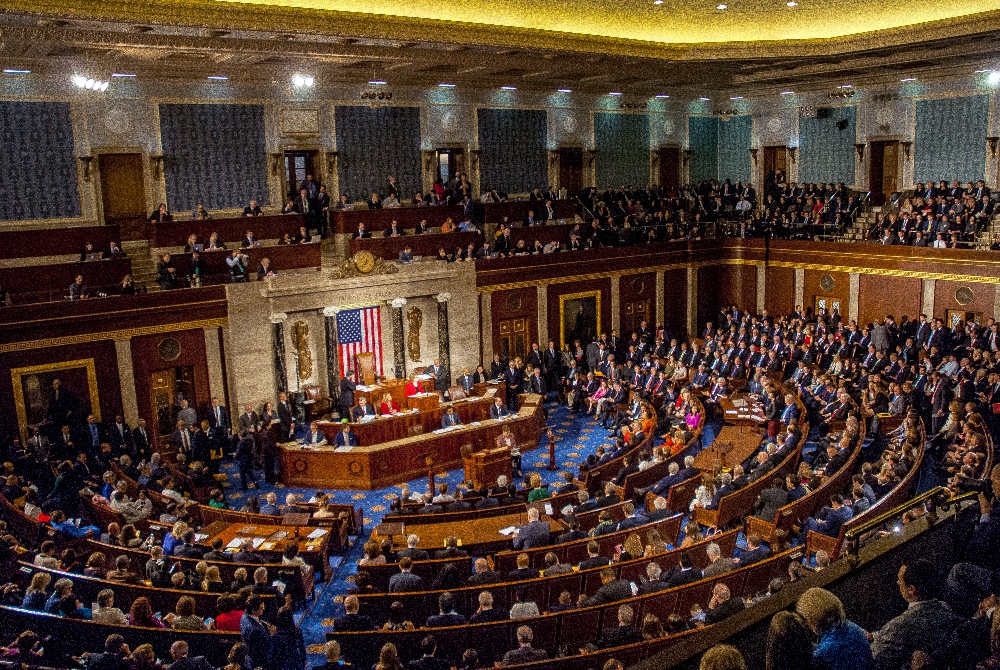Legislation to create a new, tax-favored flexible savings account was introduced in both the House and Senate. The “Universal Savings Account (USA) Act” would qualify USA accounts for Roth treatment (after-tax contributions, tax-free earnings and withdrawals).
The legislation, introduced by Rep. Diana Harshbarger (R-TN) in the House and Sen. Ted Cruz (R-TX) in the Senate, would allow annual contributions, after-tax, of $10,000. Generally, account funds could be invested in financial products like bonds and equities without penalties or restrictions about when the money can be withdrawn.
In an unrelated development, President Trump has proposed creation of special tax-favored savings accounts for each child born in the U.S. The Trump proposal has not been fleshed out with details such as establishment amounts, ongoing contribution amounts, or use/withdrawal rules. This proposal is similar to one originally authored by Senator Cory Booker (D-NJ) in past Congresses.
Prospects: Neither the universal savings account nor the savings account at birth idea is new. The Ways and Means reconciliation tax title contains a pilot program for certain newborns that picks up a version of this proposal. The USA account legislation could cost as much as $21 billion over 10 years, a high hurdle during these times of spiraling federal deficits. The savings account at birth idea is likely to be a substantial revenue loser, too. The pilot program in the Ways and Means title costs more than $12.8 billion over its 4-year life. It is unclear if the Senate version of reconciliation will include this savings account at birth provision. It seems unlikely that the USA account will be included, however, given the cost.
NAIFA Staff Contact: Jayne Fitzgerald – Director – Government Relations, at jfitzgerald@naifa.org.






.png?width=600&height=90&name=Support%20IFAPAC%20%20(600%20%C3%97%2090%20px).png)
